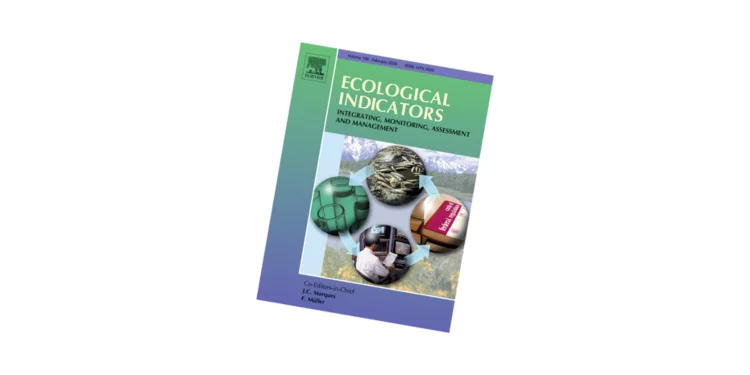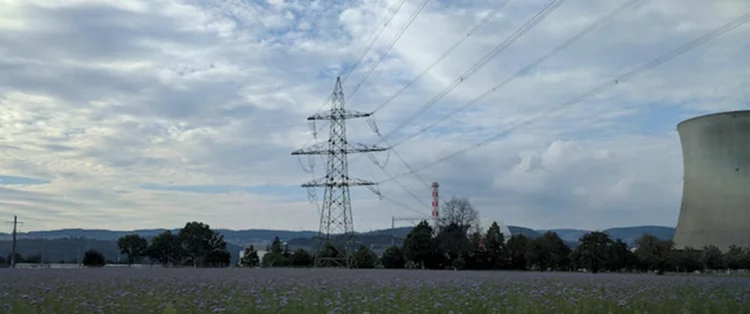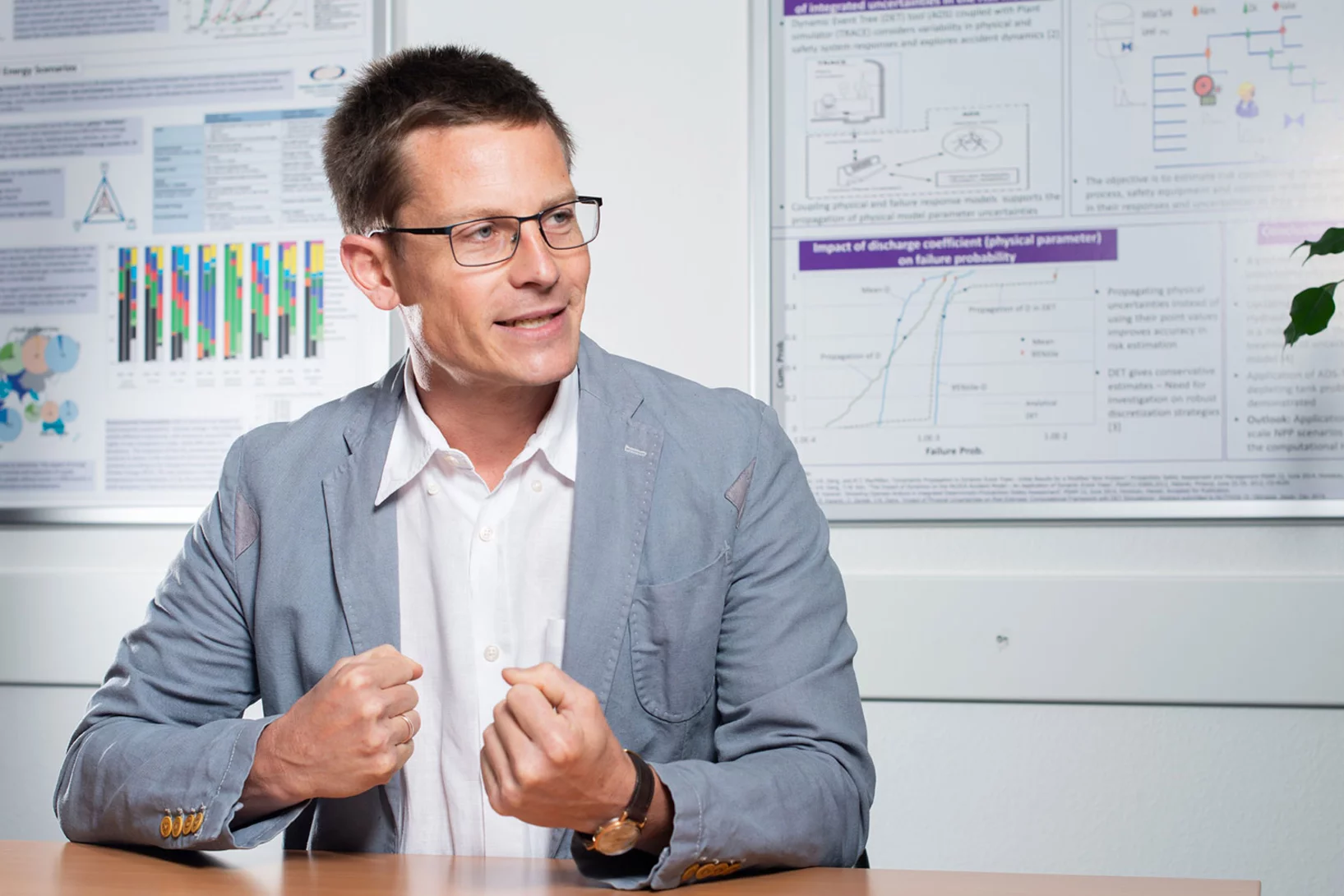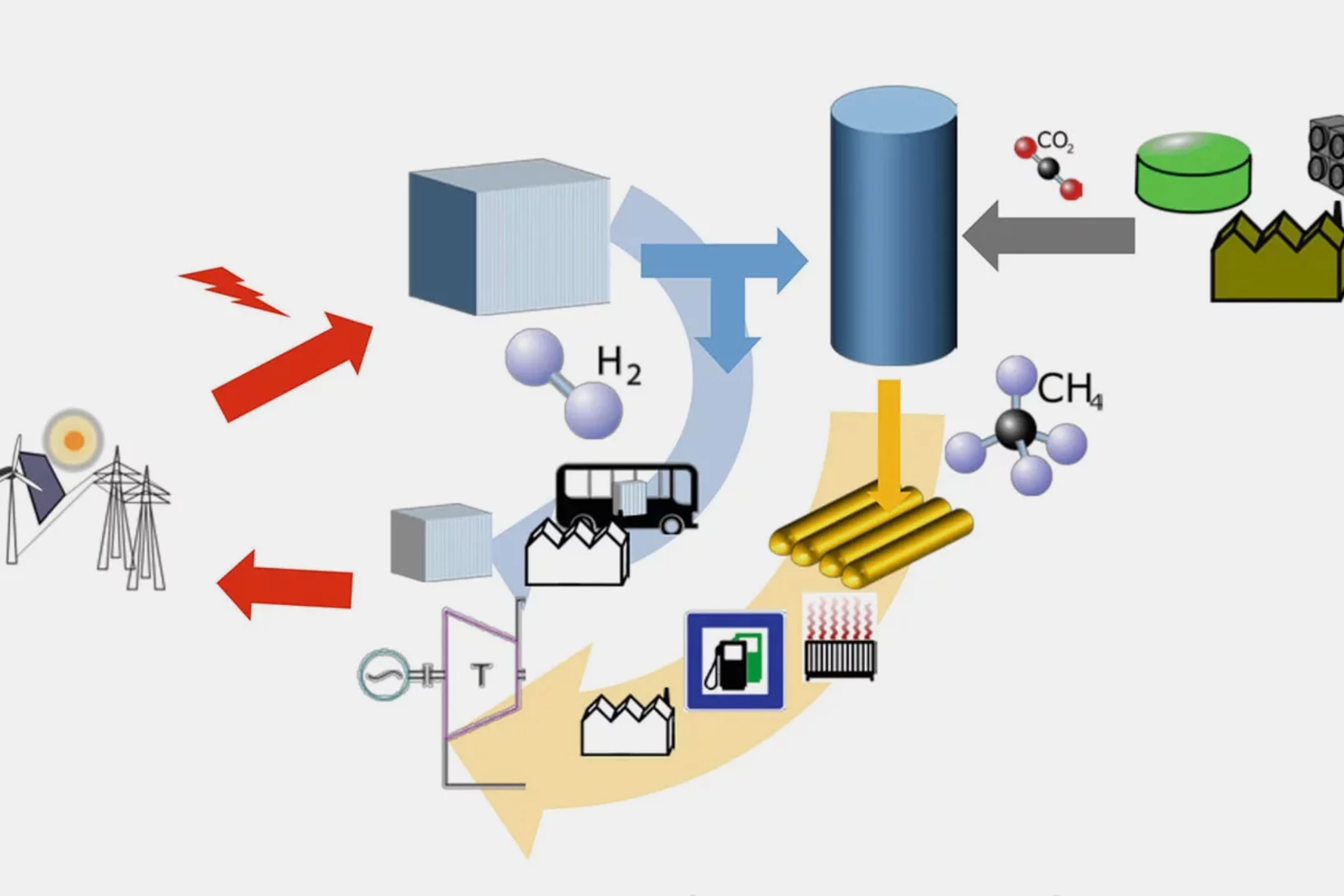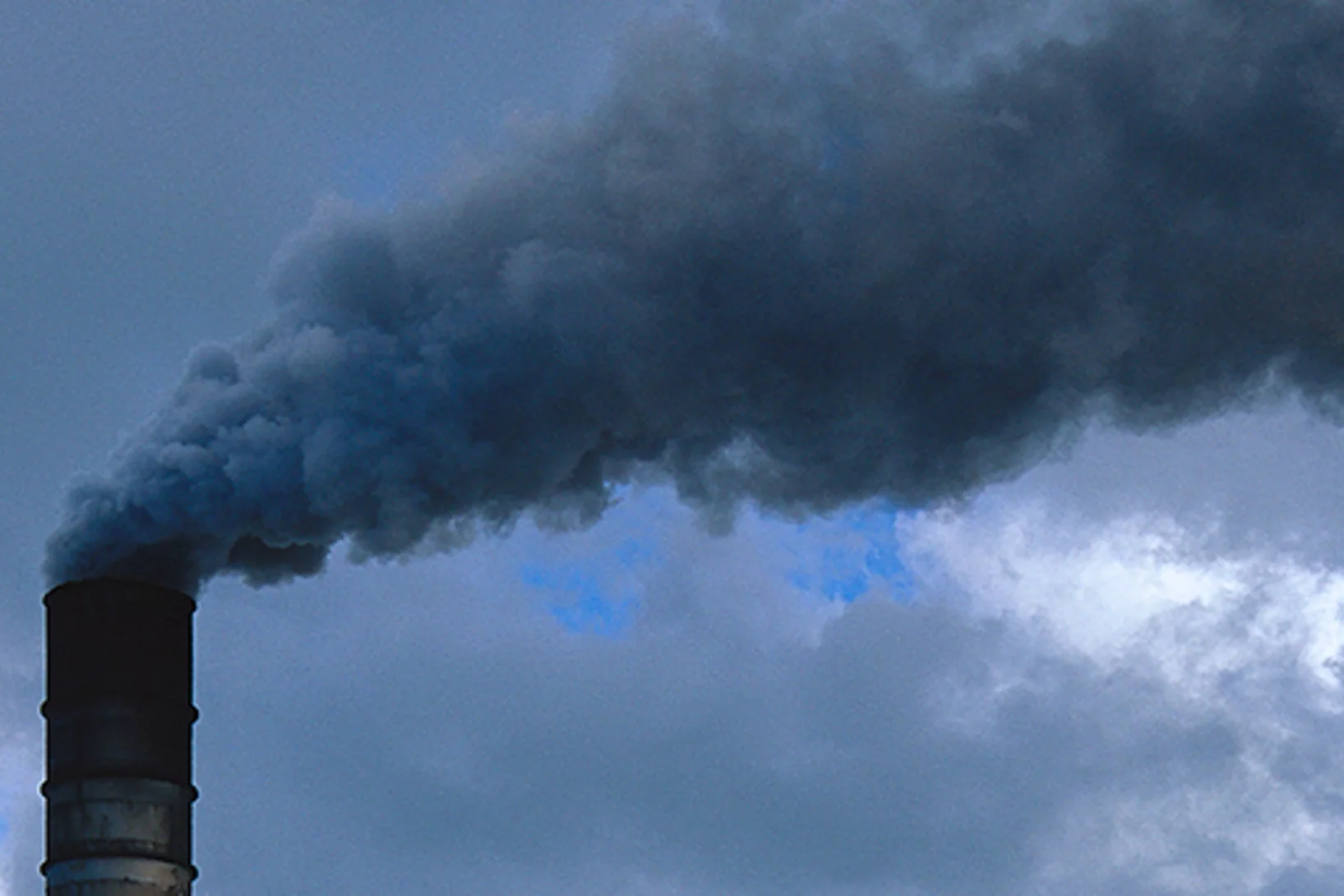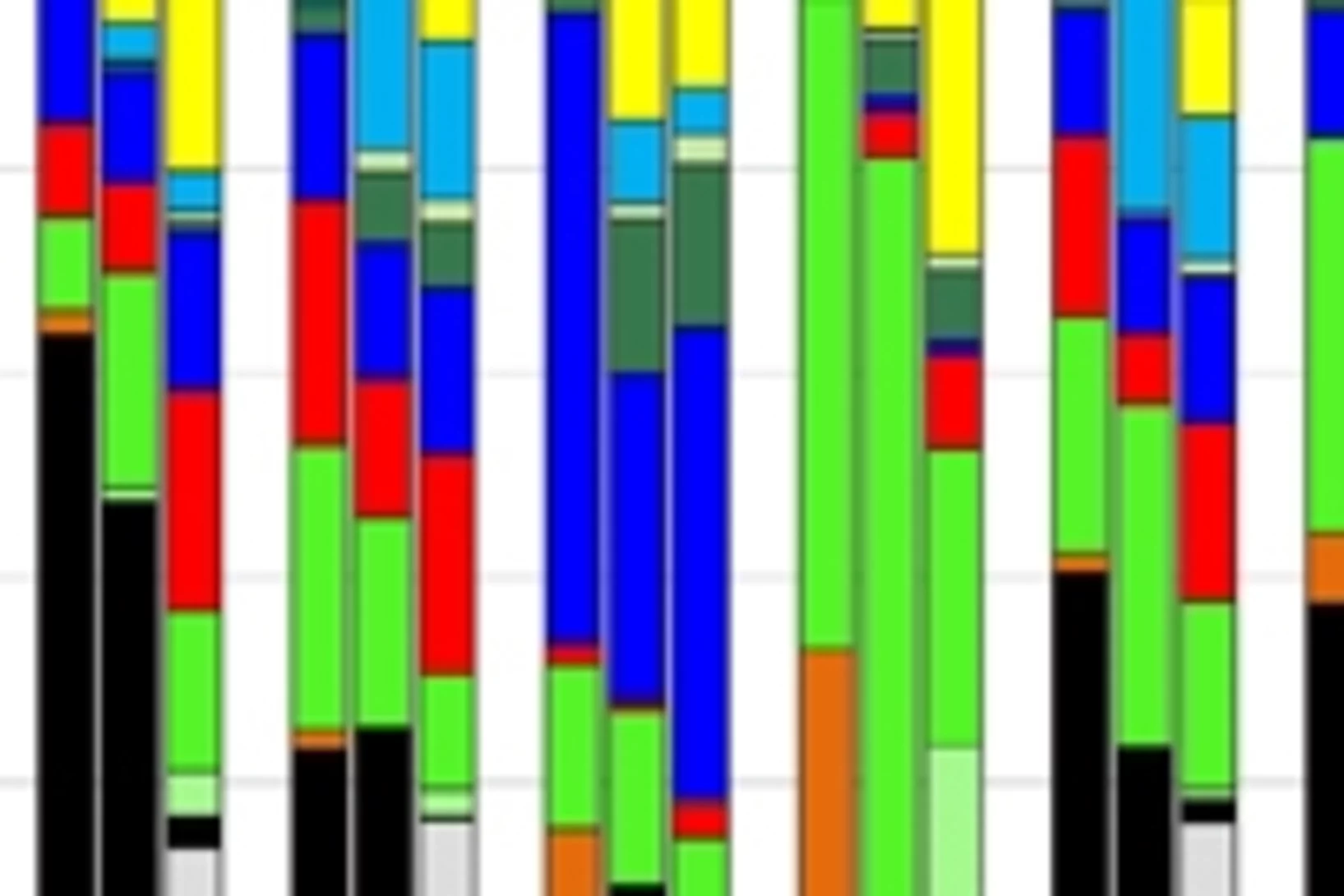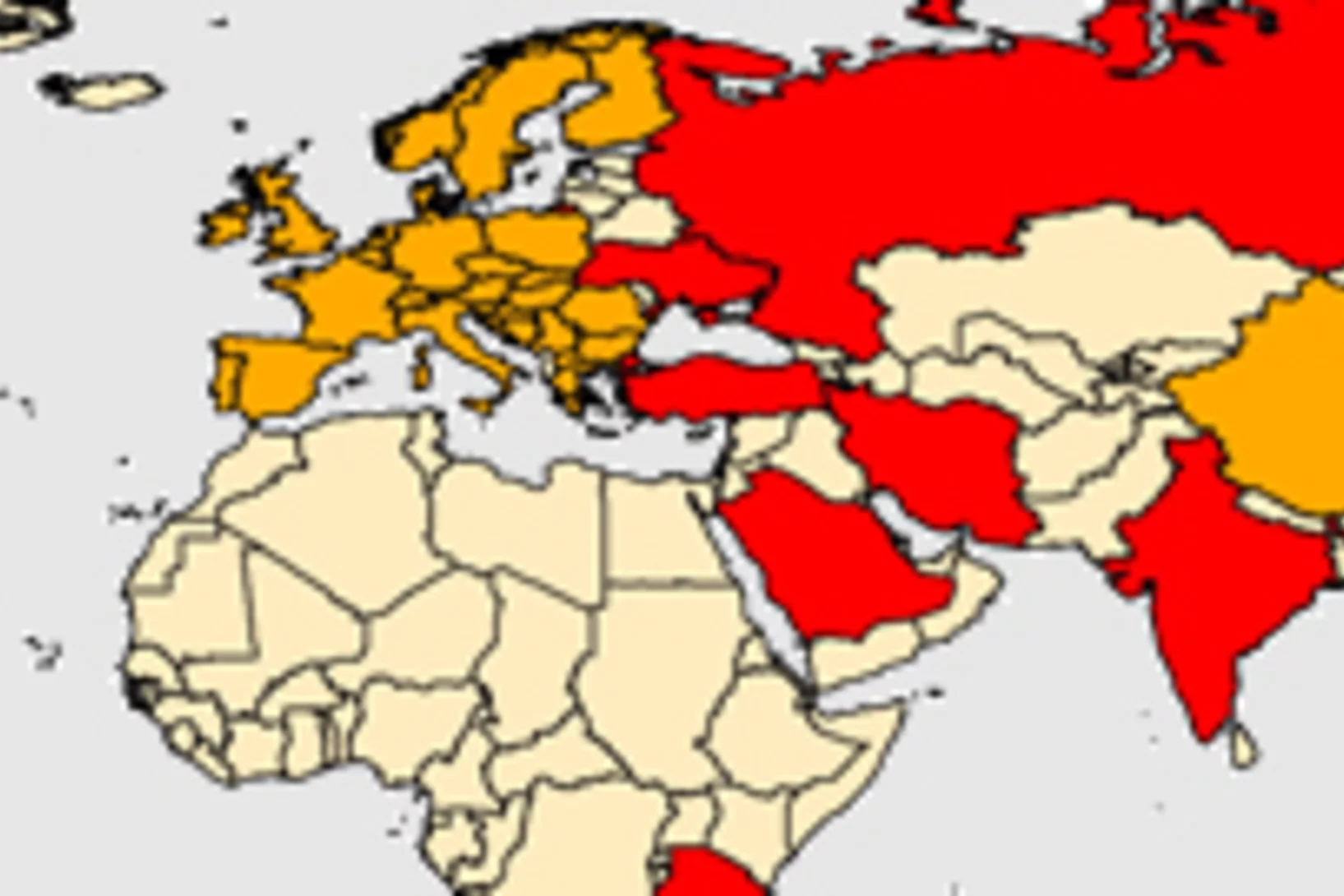Assessment of electricity supply resilience
Researchers from FRS and the Paul Scherrer Institute have developed the Electricity Supply Resilience Index (ESRI) to measure electricity supply resilience in 140 countries.
Hazard assessment of energy accidents
FRS researchers present a classification model for sorting energy accidents in the natural gas sector into hazard classes, according to their potential fatalities.
"This is incredibly ambitious"
Every three years, the World Energy Council explores possible developments of the global energy system under different scenarios. Tom Kober, head of the Energy Economics Group in PSI’s Laboratory for Energy Systems Analysis and one of the lead authors of the study, explains what the individual scenarios mean and how global warming could be mitigated.
The energy system of the future and Power-to-X
Researchers at the Paul Scherrer Institute PSI analyse the potential of Power-to-X for Switzerland's energy supply and present their conclusions in a white paper. One finding: The costs for energy from Power-to-X could fall by up to one-third.
How Switzerland could supply its electric power in 2050
The Laboratory for Energy Systems Analysis at the Paul Scherrer Institute PSI is investigating how Switzerland’s electricity supply might look, up to the year 2050, under a variety of boundary conditions. On the basis of their calculations, the lab’s researchers are able to generate insights on possible future developments of the energy sector, for example, determine how an ambitious reduction in CO2 emissions could be achieved at the lowest possible cost.
Kohlendioxid: Das Klimaproblem im Untergrund entsorgen?
Allen Warnungen vor den Folgen des Klimawandels zum Trotz und unbeeindruckt von politischen Absichtserklärungen: Die weltweiten Kohlendioxidemissionen steigen und steigen. Hauptverantwortlich dafür sind Kohle- und Gaskraftwerke, die den zunehmenden Strombedarf decken. Könnte man deren Kohlendioxidemissionen dauerhaft im Boden speichern, anstatt damit Atmosphäre und Klima zu belasten? Und wäre das auch für die Schweiz interessant? Diese Fragen beleuchtet der neueste Energie-Spiegel des PSI.This news release is only available in German.
Keeping geothermal energy on the table
A study by the Centre for Technology Assessment TA-Swiss, coordinated by the Paul Scherrer Institute, recommends further pursuing deep geothermal energy in Switzerland. The energy resources underground are vast, environmentally friendly to extract and available around the clock, the authors conclude. The earthquake risk and the cost of electricity production, which are still too high, however, remain challenges that society needs to weigh up against the advantages of deep geothermal energy.
What attacks on oil pipelines have in common with epidemics
How susceptible is the global energy infrastructure to attacks by non-state actors? Has the number of attacks on this infrastructure actually increased of late? Which regions of the world are especially vulnerable? And which tactics do the attackers use? Scientists are looking to find the answers to these and other related questions with the aid of a database developed by researchers from the Center of Security Studies at ETH Zurich in collaboration with the Paul Scherrer Institute PSI.
Measuring the ecological footprint
With ecoinvent, the Paul Scherrer Institute and its partners at ETH Zurich, ETH Lausanne, Empa and Agroscope have been running the world’s leading database for life cycle inventories for over ten years. The latest ecoinvent version 3 collects new data in areas such as electricity generation, agriculture, transport, mining and chemicals. In the power sector, which is significant for life cycle assessments, the database now covers over 80 per cent of the global production. And technology that has not been considered thus far such as enhanced geothermal systems is to be included in ecoinvent from now on. The result is more accurate ecological assessments of products and services
A glimpse at the future of global energy supply
How will the world secure its energy supply in 2050 and what are the possible economic, ecological and social implications of different pathways and choices? These questions are answered by researchers at the Paul Scherrer Institute PSI in cooperation with the World Energy Council WEC in a study examining two scenarios covering different dimensions of economic, social, policy and technology development. The results of the study, which has now been concluded, will be presented from 13 to 17 October at the WEC’s World Energy Congress in the South Korean town of Daegu
ecoinvent – The World’s Leading LCA Database Launches Version 3.0
The life cycle inventory database ecoinvent forms the basis for life cycle assessment projects, eco-design, and product environmental information. Since 2003, ecoinvent has enabled companies to manufacture their products more in harmony with the environment, policymakers to implement new policies, and consumers to adopt more environmentally friendly behaviour. The new version 3.0 is a further milestone in life cycle assessment: new and updated data offer ecoinvent users a greater number of possible applications in the areas of e.g. chemical production, foodstuffs, vegetables and electricity.
